Ah, the joys of running a small business. You’re the CEO, the marketing department, and the HR department all rolled into one. And now, on top of all that, you have to figure out how to optimise your website for search engines? Many a business owner has spent countless hours poring over articles, tweaking their website, and praying to the Google gods in the hopes of landing that coveted first page spot.
But what about local search? How can you ensure that your business shows up when someone in your area is searching for your product or service? Fear not – we’re here to guide you through the murky waters of local search engine optimisation (SEO). First things first, let’s talk about the importance of local search. When someone in your area is searching for a product or service that you offer, you want your website to show up at the top of the search results.
Here are a few tips and tricks to get you started…
Claim and optimise your Google My Business listing
If you haven’t claimed your business listing on Google My Business yet, stop reading this article and do it now. Your Google My Business listing is essentially your business’s online identity and the starting line for local search domination. It’s free, easy to set up, and it can make a huge difference in your local search visibility. It’s the first thing people see when they search for your business on Google, and it can have a huge impact on whether or not they choose to visit or contact you.
So, how can you optimise your Google My Business listing to ensure that it’s working for you, not against you? First and foremost, make sure that your listing is complete, accurate and up-to-date. This means filling out all the necessary fields, including your business name, address, phone number, website, hours of operation, and any other relevant information.
Keep in mind that consistency is key here – make sure that the information on your Google My Business listing matches the information on your website and any other online directories you may be listed on. Next, make sure that your listing is visually appealing. This means adding high-quality photos that showcase your business and what you have to offer.
Don’t just rely on stock photos – take the time to snap some photos of your actual storefront, products, or services. You can even add a 360-degree virtual tour of your business to really give potential customers a feel for what you’re all about.
Another important aspect of optimising your Google My Business listing is managing your reviews. Encourage your customers to leave reviews on your listing – they can boost your listing’s visibility and credibility. And make sure to respond to any reviews – both positive and negative – in a timely and professional manner. This shows that you value your customers’ feedback and are committed to providing excellent customer service.
Optimise your website’s title tags and meta descriptions
Now, let’s talk about optimising your website for local keywords. Keywords are like the secret sauce of local search optimisation. They’re the words and phrases that people use to search for businesses like yours, and they can help your website rank higher in local search results. Make sure your website’s content includes local keywords that are relevant to your business and location.
Don’t forget to include your location in your title tags and meta descriptions. Title tags and meta descriptions are the snippets of text that appear in search results. For example, if you’re a plumber in Newcastle, your title tag might be “Plumber in Newcastle | XYZ Plumbing Services” and your meta description might be “Looking for a reliable plumber in Newcastle? Look no further than XYZ Plumbing Services. Call us today for a free estimate!“
However, be careful not to overdo it – keyword stuffing can actually hurt your rankings. Instead, focus on creating high-quality, informative content that naturally incorporates your target keywords.
Build citations on other online directories and review sites
Another way to optimise for local search is to build citations on other online directories and review sites, such as TripAdvisor, Trustpilot, or Yelp. This means making sure that your business is listed – with accurate and consistent information. This not only helps to boost your visibility in local search results, but it also provides potential customers with additional information about your business and helps to build trust and credibility.
Get local backlinks
Backlinks – links from other websites to your website – are an important factor in SEO. They can boost your website’s authority and credibility, and they can help you rank higher in local search results. To build local backlinks, try reaching out to other local businesses and organisations to see if they’ll link to your website. This could be through guest blog posts, partnerships, or sponsorships. You can also create valuable content that other websites will want to link to, like blog posts, guides, and infographics.
Dominating local search results
Optimising your website for local search is a crucial part of any successful SEO strategy for small businesses. By claiming and optimising your Google My Business listing, optimising your website for local keywords, including location-specific content, building citations on other online directories and review sites, and getting local backlinks, you can increase your visibility in local search results and attract more customers to your business.
So, what are you waiting for? Get to work on that SEO optimisation! Not sure where to start? We can help.







